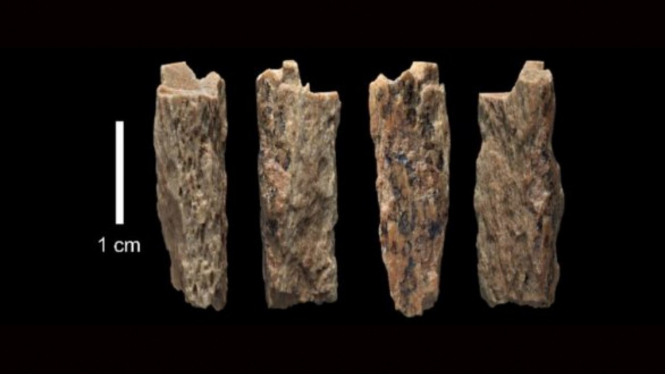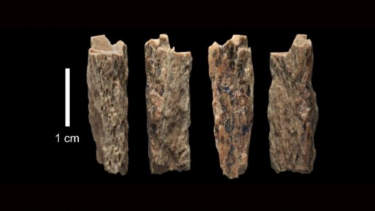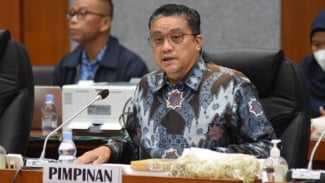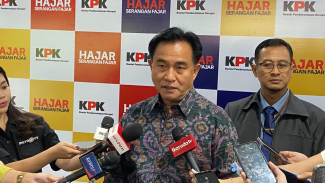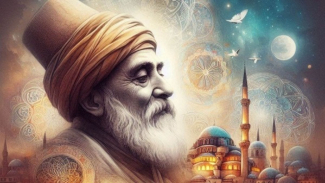AI Technology Detects Ghost Ancestors in the Human Genome
- Max Planck Institute for Evolutionary Anthropology
VIVA – A teenage girl who lived more than 50,000 years ago of such odd uniqueness. She was a hybrid ancestor of modern humans that scientists had never seen before. Recently, researchers found evidence that she was not alone.
In a 2019 study analyzing the chaos of humanity's prehistory, scientists used artificial intelligence (AI) to detect an unknown species of human ancestor that modern humans encountered on their long journey out of Africa millennia ago.
“About 80,000 years ago, the so-called Out of Africa occurred, when part of the human population, which already consisted of modern humans, abandoned the African continent and migrated to other continents, giving rise to all the current populations,” the biologist, Jaume Betranpetit from Pompeu Fabra University in Spain explains.
As modern humans forged this path into the landmass of Eurasia, they forged some other things too, breeding with ancient and extinct hominids from other species.
The last known sexual partners included Neanderthals and Denisovans. The rest were unknown until 2010, according to the Science Alert website, Thursday, December 1, 2022.
Gua Denisova di Siberia
- Wikimedia Commons
In this study, third parties from the past were isolated in Eurasian DNA because of machine learning algorithms that sifted through the complex genetic codes of ancient and modern humans.
Using a statistical technique called Bayesian inference, the researchers found evidence of what they call 'third introgression', an ancient population of 'ghosts' that crossed with modern humans during the African exodus.
"This population is related to the Neanderthal-Denisova clade or diverged early from the Denisova lineage," the researchers wrote in their paper meaning that this third population in human sexual history may have been a mixture of Neanderthals and Denisovans.
"Our theory coincides with hybrid specimens found recently at Denisova, although we cannot yet rule out other possibilities," said one of the team, genome expert Mayukh Mondal from the University of Tartu in Estonia.
